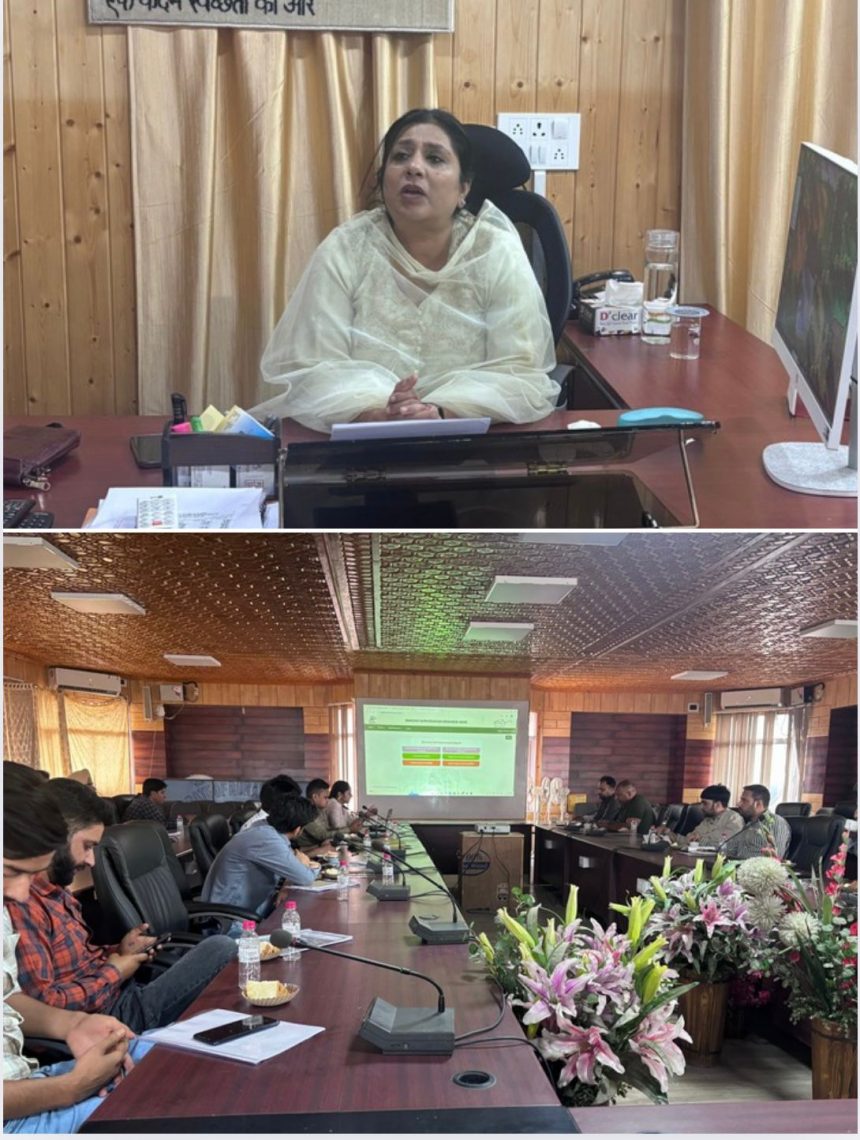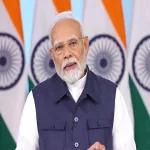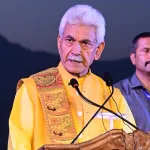Srinagar, June 16: The Directorate of Rural Sanitation, Jammu & Kashmir, on Monday organised a workshop on Swachh Survekshan Grameen-2025 (SSG-2025) here to sensitise field functionaries on the framework, methodology, and key deliverables of the upcoming SSG 2025 survey.
The survey marks a crucial step toward strengthening J&K’s preparedness and accelerating efforts under the SBM-G. The workshop witnessed active participation from Assistant Commissioners Development (ACDs), Assistant Commissioners Panchayat (ACPs), Block Development Officers (BDOs), and other Swachh Bharat Mission-Grameen (SBM-G) officials from across all districts of the Kashmir division.
Director General, Rural Sanitation, J&K, Anoo Malhotra (JKAS), underscored the significance of community participation, visible cleanliness, and strong data validation for achieving result-oriented rankings in the national survey.
The event featured interactive sessions and technical presentations on survey parameters, IEC (Information, Education & Communication) strategies, and protocols for evidence uploading.
Launched by the Ministry of Jal Shakti, Swachh Survekshan Grameen 2025 is a nationwide rural sanitation survey aimed at evaluating the impact of SBM-G, promoting hygiene, and sustaining the achievements of Open Defecation Free (ODF) status.
In Jammu and Kashmir, the survey will be conducted in a phased manner by the Academy of Management Studies (AMS), covering all districts of the Union Territory.
The SSG 2025 is a comprehensive survey that evaluates ODF sustainability, Solid and liquid waste management and citizen feedback on cleanliness and sanitation infrastructure.
Importantly, SSG 2025 will generate a national ranking of states and districts based on these sanitation parameters, encouraging healthy competition and fostering innovation in rural sanitation practices.
Swachh Survekshan Grameen 2025 is a vital step in India’s journey towards a cleaner, healthier, and more sustainable rural environment, ensuring consistent monitoring, identification of gaps, and implementation of best practices across the country.








